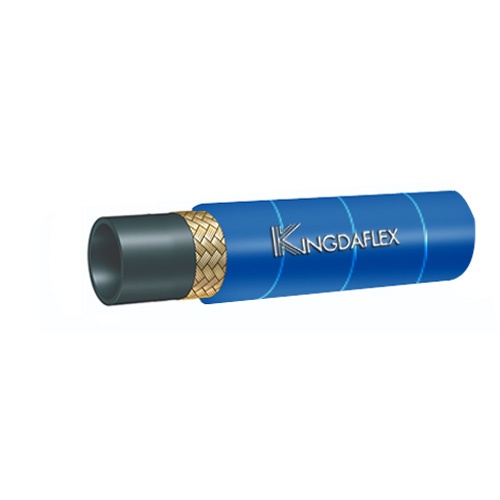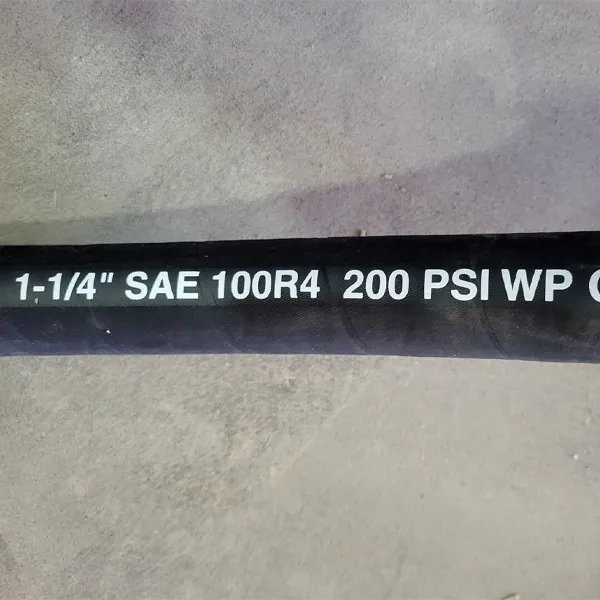In the world of outdoor cleaning, two heavyweights often go head-to-head: the jet washer and the pressure washer. Both these cleaning machines are designed to tackle dirt, grime, and stubborn stains with high-pressure water jets. But are they one and the same?
In this comprehensive guide, we’ll break down the differences and help you make an informed decision on whether a jet washer or a pressure washer suits your needs best.
What Is a Jet Washer?
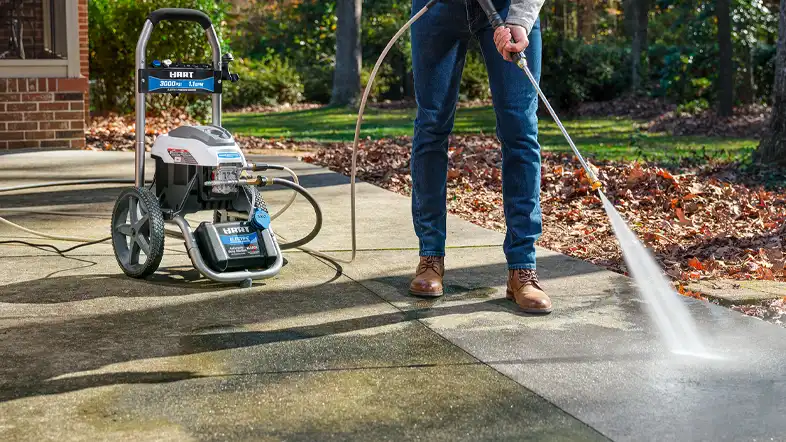
A jet washer is a versatile cleaning tool that propels a powerful stream of water through a narrow nozzle. It’s known for its precision and is ideal for smaller cleaning tasks like car detailing, patio furniture, and delicate surfaces.
What Is a Pressure Washer?
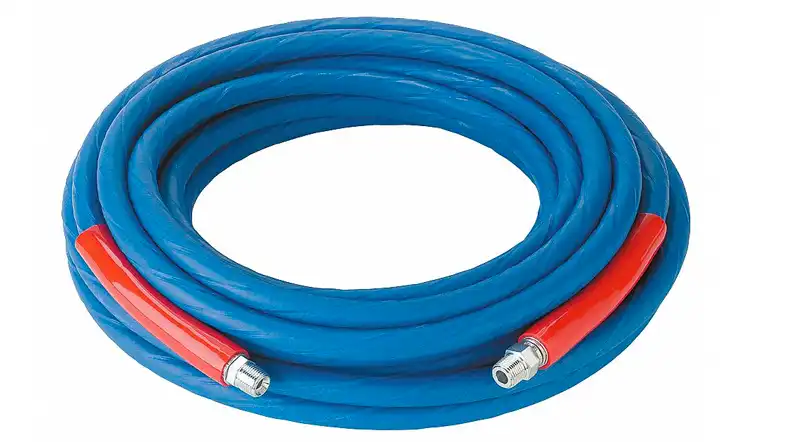
On the other hand, a pressure washer is a more robust machine that can handle a wide range of cleaning tasks. It uses a motor-driven pump to increase water pressure significantly, making it suitable for larger projects such as cleaning driveways, decks, and even removing graffiti.
Jet Washer Vs Pressure Washer
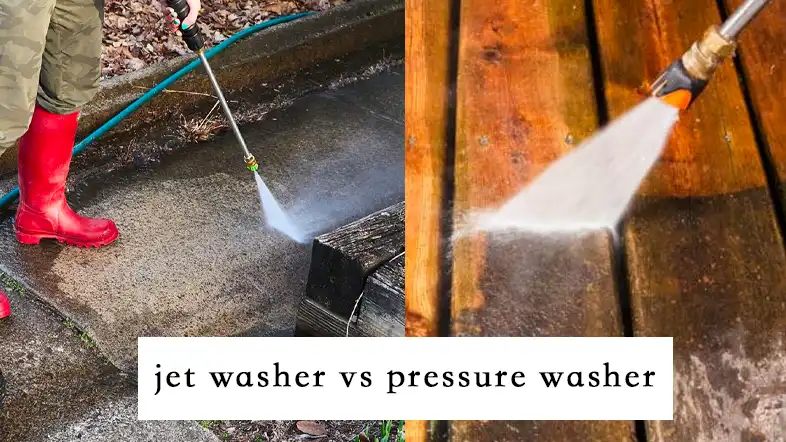
Now, let’s dive deeper into the difference between a jet wash and a pressure washer.
Water Pressure
- Jet Washer: Jet washers typically deliver water at lower pressure, which is perfect for delicate surfaces. They usually operate at pressures between 500 and 2,000 PSI (pounds per square inch).
- Pressure Washer: Pressure washers, on the other hand, are designed for heavy-duty tasks and can produce much higher pressure levels, ranging from 2,000 to 4,000 PSI or even more. This extra power makes them suitable for tougher cleaning jobs.
Cleaning Speed
- Jet Washer: Jet washers are excellent for precision cleaning, but they may take more time to tackle larger areas due to their lower pressure.
- Pressure Washer: Pressure washers can cover more ground quickly thanks to their high-pressure output, making them the preferred choice for time-sensitive projects.
Application
- Jet Washer: These are perfect for cleaning vehicles, outdoor furniture, and fragile surfaces like glass windows and ornaments.
- Pressure Washer: Pressure washers are best for heavy-duty tasks such as removing deep-seated dirt, mold, or mildew from concrete, brick, and larger outdoor areas.
Portability
- Jet Washer: Jet washers are typically more compact and lightweight, making them easier to maneuver and store.
- Pressure Washer: Pressure washers are bulkier and may require more storage space, but their larger size often comes with more power.
Price Range
- Jet Washer: Jet washers are generally more affordable, making them a cost-effective option for homeowners.
- Pressure Washer: Pressure washers can be more expensive due to their higher power and versatility.
Here is the total comparison about pressure washers vs jet washers
Pressure Washers:
- Water Temperature: Uses cold water.
- Pressure: Typically generates lower pressure than jet washers.
- Applications: Ideal for cleaning lightly soiled surfaces like cars, driveways, and outdoor furniture.
Jet Washers:
- Water Temperature: Often use hot water, which is more effective at removing grease, grime, and mildew.
- Pressure: Generates higher pressure than pressure washers, making them more powerful for cleaning tougher surfaces.
- Applications: Suitable for cleaning heavily soiled surfaces like industrial equipment, commercial buildings, and heavily weathered surfaces.
Key Differences:
| Feature | Pressure Washer | Jet Washer |
|---|---|---|
| Water Temperature | Cold | Hot or cold |
| Pressure | Lower | Higher |
| Applications | Light cleaning | Heavy-duty cleaning |
- Pressure washers are best for general cleaning tasks.
- Jet washers are more powerful and suitable for tougher cleaning jobs.
Ultimately, the best choice for you will depend on your specific cleaning needs.
Which One Is Right for You?
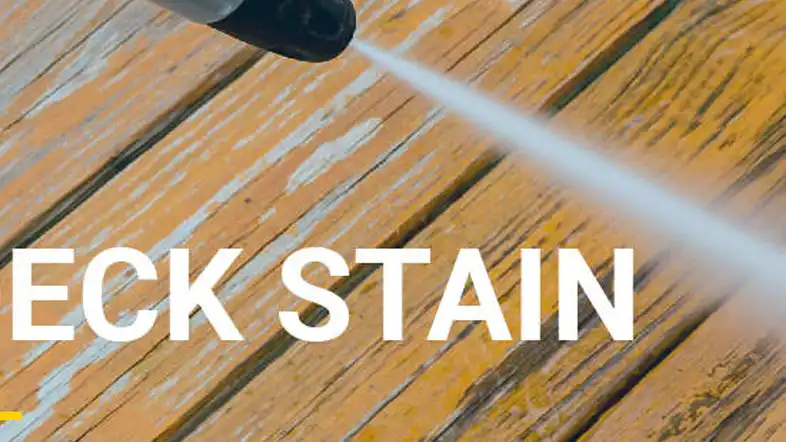
Choosing between a jet washer and a pressure washer depends on your specific cleaning needs:
- If you need precision cleaning for smaller, delicate items, a jet washer is the way to go.
- If you have extensive outdoor cleaning tasks that demand power and speed, a pressure washer is your best bet.
Pressure Washing vs Power Washing
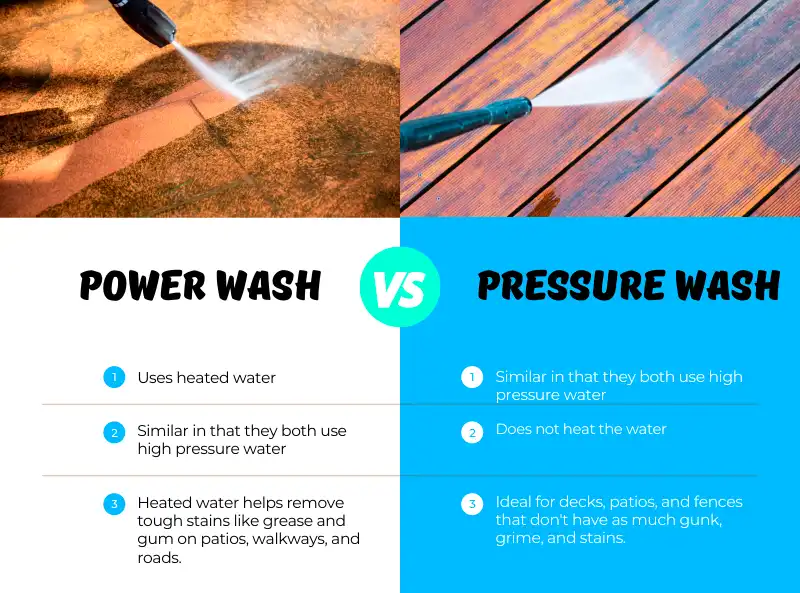
Pressure washing and power washing are two popular methods for cleaning surfaces, but they have distinct differences in terms of technique and applications. Let’s delve deeper into each method to understand their characteristics better:
Pressure Washing:
- Water Pressure: Pressure washing uses a high-pressure water spray to clean surfaces. It typically relies on water pressure alone to remove dirt, grime, and contaminants.
- Temperature: Pressure washing typically uses cold water, although some models offer hot water options. The high-pressure water stream effectively removes surface-level dirt and debris.
- Applications: Pressure washing is ideal for cleaning a wide range of surfaces, such as driveways, sidewalks, decks, and fences. It’s great for routine maintenance and removing loose surface dirt and mildew.
- Benefits: Pressure washing is effective for routine cleaning tasks and is excellent for removing loose dirt, dust, and light stains. It’s also a more environmentally friendly option as it doesn’t require heating the water.
Power Washing:
- Water Pressure: Power washing, on the other hand, uses high-pressure water like pressure washing, but it also incorporates the use of heated water. This combination of high pressure and hot water makes it a more powerful cleaning method.
- Temperature: Power washing is characterized by its use of hot water, which can be heated to high temperatures. The heat helps to break down tough stains, grease, and grime more effectively.
- Applications: Power washing is suitable for heavy-duty cleaning tasks. It’s commonly used for removing deep-seated stains, oil or grease buildup, and for sanitizing surfaces. It’s often preferred for commercial and industrial cleaning projects.
- Benefits: Power washing’s use of hot water makes it highly effective at removing stubborn stains, mold, mildew, and other contaminants that are resistant to cold water pressure washing. It’s a go-to choice for tough cleaning challenges.
Here’s a comparison table highlighting the key differences between power washing and pressure washing:
| Aspect | Power Washing | Pressure Washing |
|---|---|---|
| Water Pressure | High pressure with hot water | High pressure with cold water |
| Temperature | Uses hot water for cleaning | Relies on cold water |
| Cleaning Power | Effective on tough stains, grease, and grime | Suitable for routine cleaning, loose dirt, and mildew removal |
| Applications | Ideal for heavy-duty tasks, commercial and industrial cleaning, deep-seated stains | Versatile for various surfaces, driveways, decks, fences, and routine maintenance |
| Environmental Impact | May consume more energy due to heating water | Generally more energy-efficient, especially when using cold water |
| Cost | Typically more expensive equipment and operation costs | Often more cost-effective for residential use and smaller projects |
| Safety Considerations | Requires careful handling of hot water; may not be suitable for all surfaces | Generally safe for a wide range of surfaces, with fewer temperature-related safety concerns |
This table provides a quick overview of the distinctions between power washing and pressure washing, helping you make an informed decision based on your specific cleaning needs.
In summary, the main difference between pressure washing and power washing lies in the use of hot water. While pressure washing uses cold water and is suitable for routine cleaning tasks, power washing utilizes hot water and is best suited for heavy-duty cleaning and tasks that require sanitization. When deciding between the two methods, consider the specific cleaning needs of your project to determine which one is the most appropriate and effective for achieving your desired results.
Conclusion
When deciding between a jet washer and a pressure washer, consider your specific cleaning needs. For general cleaning tasks on lightly soiled surfaces, a pressure washer is a suitable choice. However, for heavy-duty cleaning of heavily soiled surfaces, a jet washer’s higher pressure and often hot water capabilities make it a more effective tool.
Ready to upgrade your cleaning game? Get your hands on a high-quality jet washer hose today and experience the power of professional-grade cleaning.
FAQs
Can I use a jet washer on my car’s paint without damaging it?
Yes, jet washers are safe for car detailing when used at low pressure settings.
What safety precautions should I take when using a pressure washer?
Always wear protective gear, including safety goggles and gloves, and ensure the nozzle is pointed away from people and animals.
Are pressure washers suitable for indoor cleaning tasks?
No, pressure washers are designed for outdoor use due to the high water pressure, which can damage indoor surfaces.
Can I clean my roof with a jet washer?
It’s not recommended, as the high pressure of a pressure washer can damage roofing materials. It’s best to consult a professional for roof cleaning.
Is there a significant difference in water consumption between the two machines?
Yes, pressure washers typically use more water per minute due to their higher pressure output, so it’s important to be mindful of water conservation when using them.

